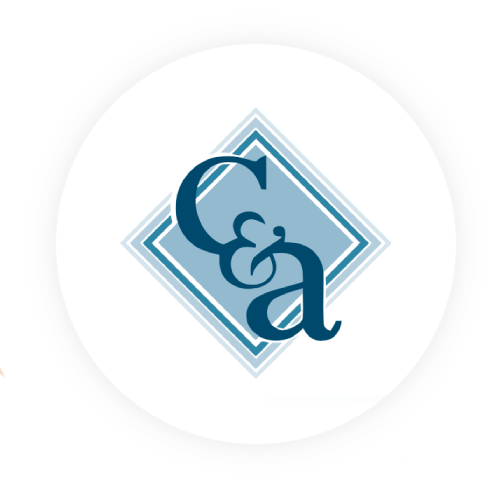Slush, sleet, black ice, and snow—every winter, these weather phenomena contribute to slips, trips, and falls. For the elderly as well as the staff, even a minor slip or fall could cause serious injuries, meaning that practicing caution and care is critical.
Organizations need to consider these possibilities when looking at their internal and external environment. Many individuals have issues that can contribute to an adverse event, such as a fall, on an organization's property. Organizations may consider putting together a winter safety newsletter for the staff and community on how to prevent falls during the winter season.
There are three areas of concern regarding falls:
- Hearing and vision
- Physical inactivity and footwear
- Medical/medication side effects.
Here are some mitigation strategies for preventing falls during inclement weather both inside and outside of your organization in these three areas.
Hearing and Vision
Changes in hearing or vision can impair one's balance, coordination, or ability to see or hear upcoming hazards in walkways, all of which can increase the chance of falling.
- Mitigation Strategies
- Offer community vision and hearing screenings.
- Remove tripping hazards.
- Provide signage (ie: wet floors, slippery when wet, etc.) large enough to read with clear direction on the hazard and how to avoid it.
- Provide signage in multiple languages depending on the population served.
- Wipe up wet areas as soon as possible.
- Place rugs at entrances to absorb snow, slush, ice, etc. that may adhere to the bottom of one's shoes.
Physically Inactive and Footwear
Unfortunately, not all individuals entering your organization are in good physical condition. Some may have muscle weakness and balance issues. Someone who is out of shape can be injured easily in a fall and take more time to heal due to inactivity. Many times, proper footwear is not being worn.
- Mitigation Strategies
- Offer community fall screening prior to the winter months.
- Recommend attaching spike-less ice and snowshoe gripper sole covers to shoes for extra stability when walking on slippery surfaces.
- Suggest choosing winter shoes with rubber soles to maintain traction on slippery surfaces.
- Suggest carrying kitty litter for slick surfaces: Carry a small bag filled with lightweight kitty litter in your pocket and cast it out ahead of yourself as you're walking on slick surfaces.
- Wear proper fitting footwear. Ill-fitting footwear is an accident waiting to happen.
- Suggest using a cane or walker for those individuals with balance issues.
Medical/Medication Side Effects
Some medications can cause dizziness, nausea, confusion, or sleepiness, all of which can contribute to falls.
- Mitigation Strategies
- Suggest pharmacist review of medications that might increase the risk of falling.
- Take medications only as prescribed.
Unfortunately falls happen one too many times, especially in the winter. As healthcare providers, it is our responsibility to educate the community on the prevention of falls. Again, put together a newsletter or send out fall prevention postcards to educate the community. When patients who have fallen arrive at your doors, educate them on fall prevention. Finally, ensure that your organization is safe for your staff and patients. Let’s keep everyone standing on their feet!
Please contact us for questions or more information at 704-573-4535 or info@courtemanche-assocs.com.
Courtemanche & Associates specializes in Healthcare Accreditation and Regulatory Compliance Consulting Services. With over 29 years of being in business and 100+ years of healthcare experience amongst our consulting team, we are ready to assist with your accreditation and regulatory compliance needs.

